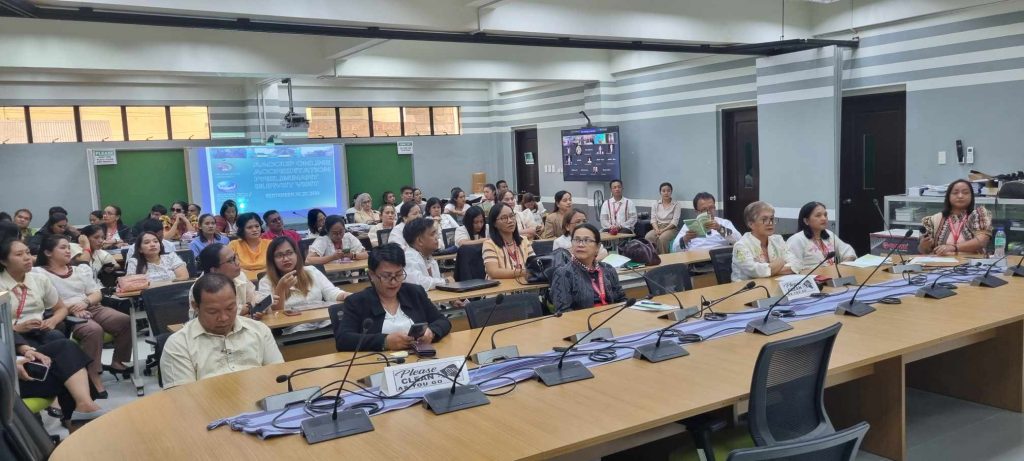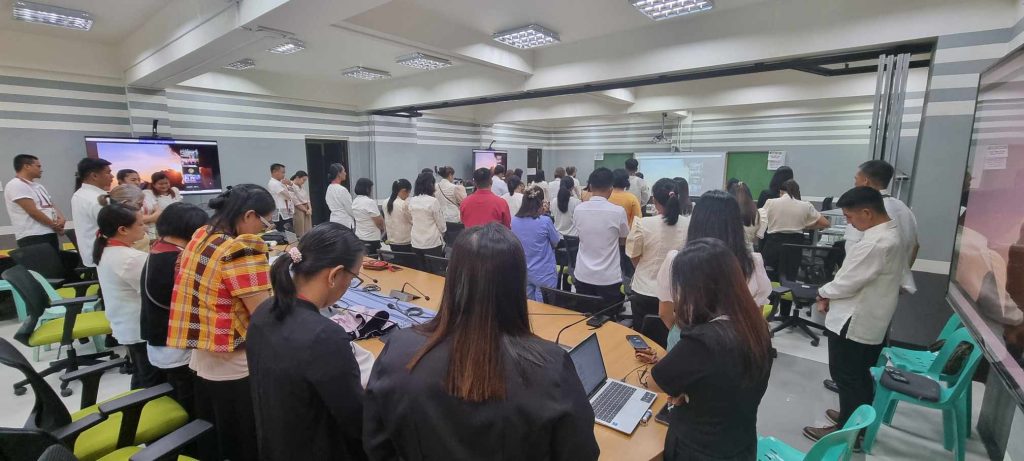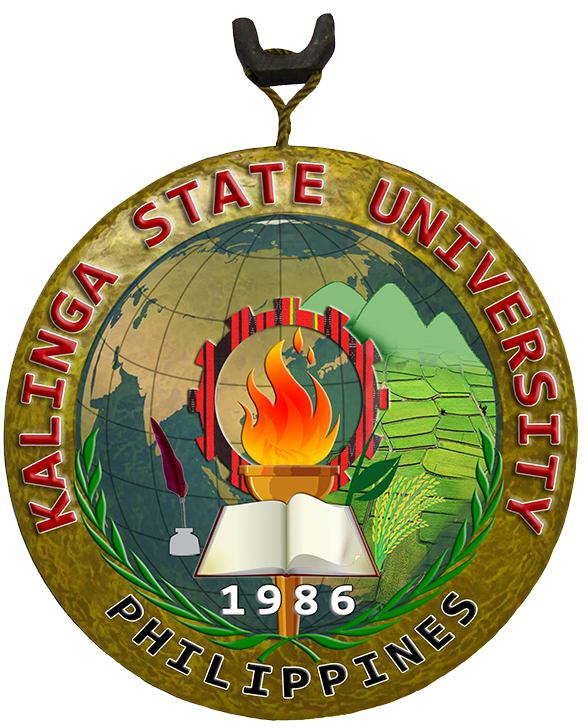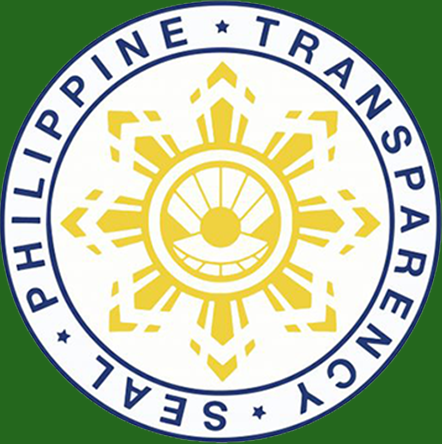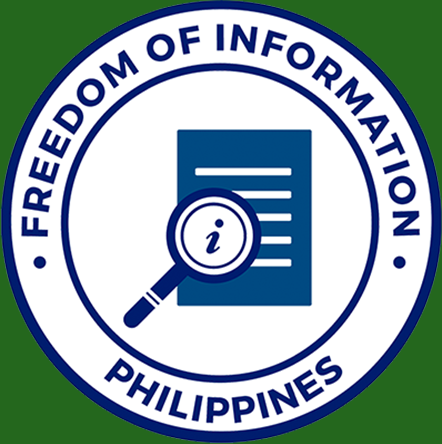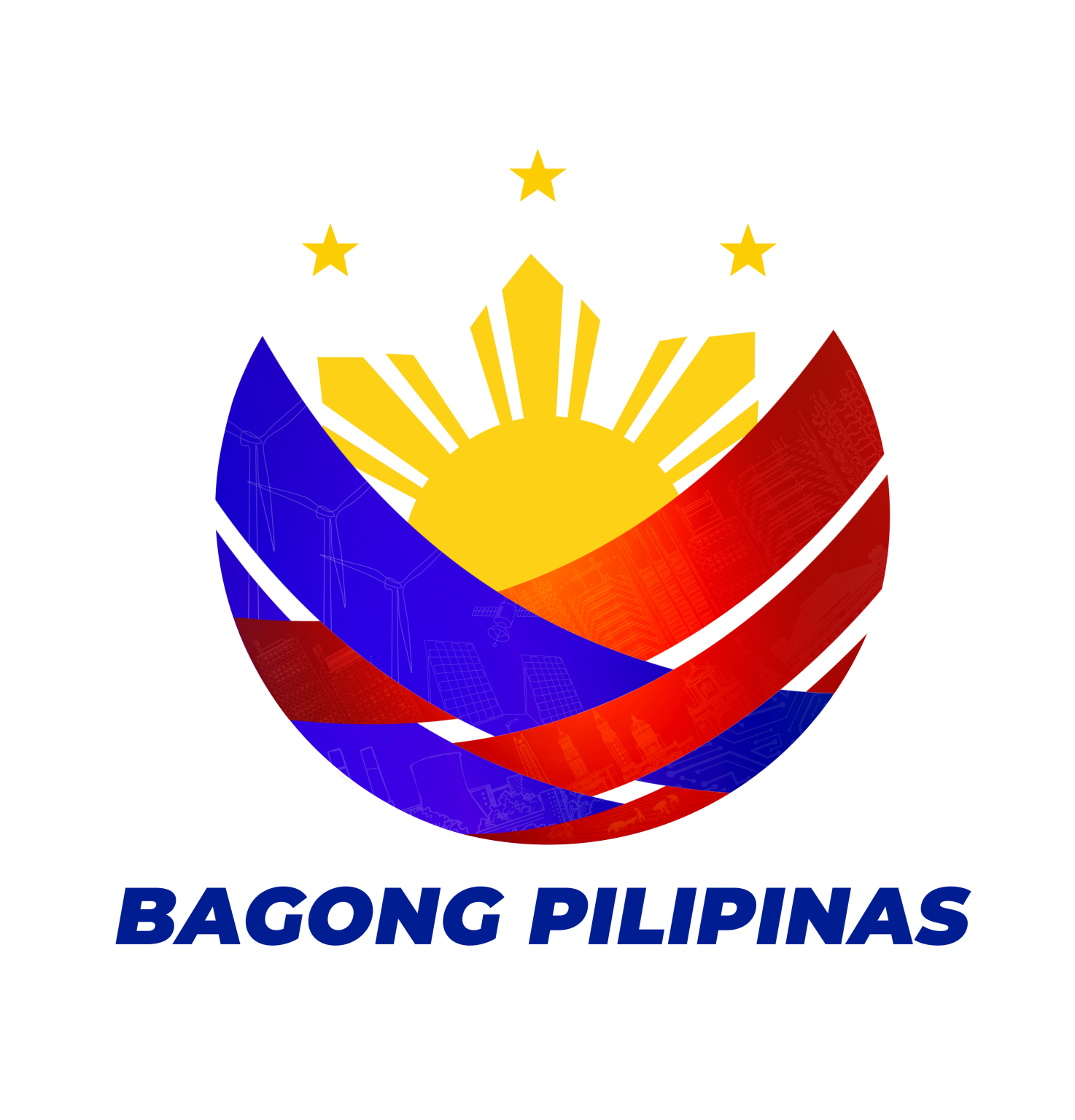Kalinga State University has officially commenced its Preliminary Survey Visit for six (6) degree programs through the Accrediting Agency of Chartered Colleges and Universities in the Philippines (AACCUP) Online Accreditation, running from September 16 to 20, 2024. The programs undergoing this accreditation process include the Bachelor of Science in Biology, Bachelor of Science in Development Communication, Bachelor of Science in Environmental Science, Bachelor of Forensic Science, Bachelor of Science in Mathematics and Bachelor of Science in Social Work.
In his opening message, KSU President Dr. Eduardo T. Bagtang drew inspiration from a famous quote by Steve Jobs, urging the university employees to “always stay hungry,” means to go on until the university reaches the highest level of accreditation for all six programs. Dr. Bagtang reiterated KSU’s commitment to ensuring that no program is left behind, underscoring the importance of subjecting these programs to the preliminary survey. “We need all programs to undergo accreditation to be declared by the Regional Development Council (RDC) as priority programs, which will enable them to secure more funding from the Department of Budget and Management (DBM), including support for free tuition fee subsidies through the Tulong-Dunong program.” He added.
Dr. Bagtang also encouraged university personnel, especially those on the task force, to give their best efforts throughout the accreditation process to achieve favorable results.
Engr. Nancy M. Santiago, AACCUP Survey Team Coordinator, introduced the AACCUP Survey team responsible for evaluating the programs. According to Engr. Santiago, the preliminary survey visit focuses on a thorough evaluation, review, and validation of the documents prepared and submitted by the respective program task forces.
The accreditation process adheres to CHED Memorandum Order (CMO) No. 1, Series of 2005, which outlines the Rationalization of Accreditation in Higher Education. This initiative aims to promote equitable and high-quality tertiary education across the regions, ensuring that standards of education are met to enhance community development and competitiveness in the global arena. //MJ Wacas-Info Unit
